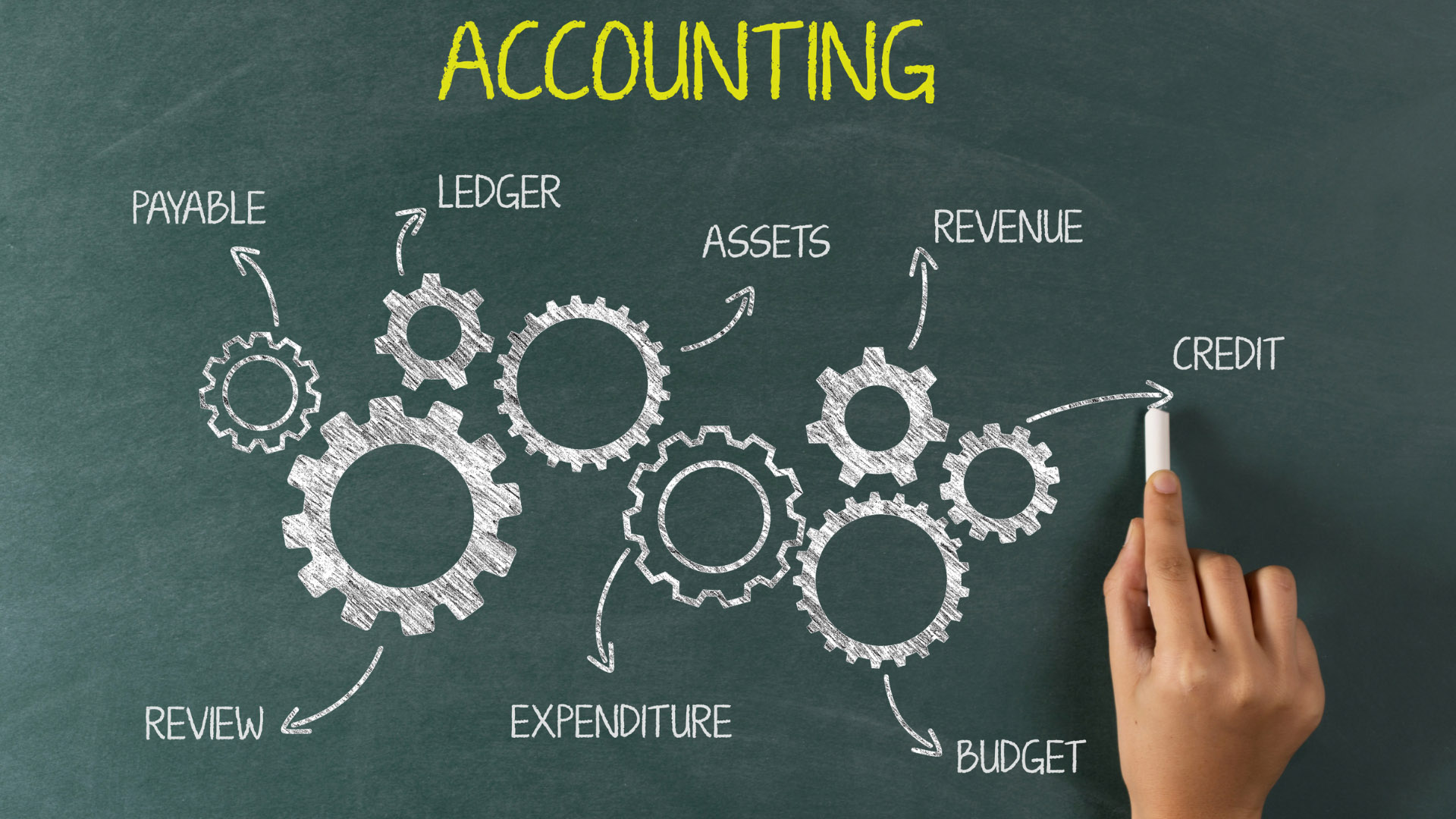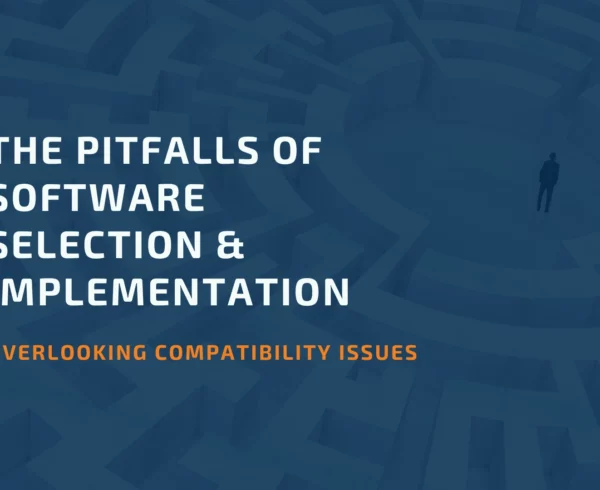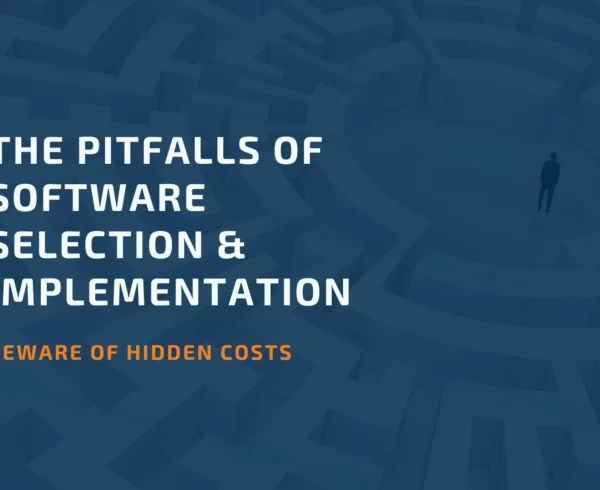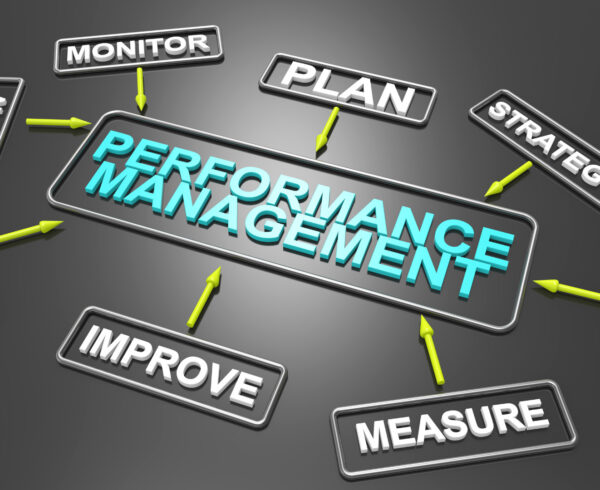Enterprise Resource Planning (ERP) is business management software that helps organizations leverage integrated applications. ERP systems streamline and automate processes, creating a leaner, more accurate and more efficient operation. In addition, ERP provides complete visibility into core business processes.
ERP systems simplify various manual business processes. For example, repetitive tasks like tracking inventory, monitoring working hours, assigning tasks to employees, generating financial reports, and distributing salaries automatically. By automating complicated processes rather than troubling each other, your staff can focus more on their core deliverables. For example, your accounting team can produce sales reports without depending on sales managers, and the marketing team can create daily web traffic data reports without bothering the IT department.
A significant advantage of ERP systems is that they give company managers and stakeholders immediate access to data, allowing decision-makers to monitor key performance indicators throughout the company via the dashboard. ERPs can generate all necessary data in real time. ERP software can super-charge an already competent finance department by giving it access to real-time reporting, simplifying record keeping and eliminating reliance on complex and error-prone tools like Excel spreadsheets and other manual processes.
With ERP software, financial record keeping, particularly year-end closing, is simplified. The major challenges businesses face during year-end closing are inventory and tax reporting. However, ERP software simplifies business tasks by automating them and eliminating costly errors to facilitate data-driven and insightful decision-making.
With sound planning and the right tools, the accounting department can complete the closing process in less time and reduce the risk of errors. To do this, you must complete several activities within your finance / ERP solution before creating your year-end accounting and management reports.
Post All Accounting Transactions
Businesses have extensive financial data, including the company’s sales and orders, billing, accounts payable and receivables, expenses, labour, production, etc. Every transaction occurring before year end must be posted, including all necessary adjusting entries.
- Accounts Receivable: First review, post & distribute all outstanding invoices. After completing this, ensure all invoices are posted correctly to the sub-ledger and let the revenue team know.
Accounts Payable: Prepare a statement of accounts for all applicable vendors. - Cash and Cash equivalents: Make sure to post all applicable cash receipts. Do a bank reconciliation by matching the ending balance per ERP to the bank statement.
- Inventory: Complete a perpetual inventory sub-ledger review to ensure all goods and inventory activity confirmations were posted correctly to the General Ledger. Efficiently assess & resolve any errors as and when required.
ERP software gives your company instant access to this critical information. This visibility empowers users to act smarter and make better decisions more quickly. With all your important data in one location, you don’t have to worry about lost documents and ensure your books are balanced. Your ERP also tracks all the cash receipts, deposits, and advance payments, and manages different modes, thus also simplifying banking operations.
Year-End Closing Financial Statements
Companies must post all transactions, reconcile the accounts, and record all adjusting entries to produce an adjusted trial balance. See the three most important financial statements below:
- Balance Sheet: Lists assets, liabilities, and equity balances as of a precise date. Balance sheet accounts are permanent accounts carried over to the new fiscal year.
- Income Statement: Records revenue, expenses, and net income for a specified period. They are temporary accounts adjusted to zero each month and year when the books are closed. The result of closing the accounts is a profit (or deficits) posted to net income or as a net loss. The balance sheet records the net income or net loss to equity.
- Statement of Cash Flows: Groups cash in and outflows into three categories: cash flow from investing, operations, and financing activities.
ERP software helps in financial and strategic planning, forecasting, and budgeting, reporting, income statements, balance sheets and financial accounting systems. When you streamline these activities, you can rest assured that your business achieves maximum efficiency and accountability and that you can achieve your desired business objectives.
Are you ready for a digital transformation in 2023?
We can help you determine what’s most useful for your business. Each BHC consultant brings a wealth of knowledge and experience from diverse industries and leverages their expertise to help our clients achieve their goals.
ERP systems are complicated and implementing them can be difficult. Unlike other business management software providers, we don’t just sell a software suite to your organization. We help implement an ERP system and support it for your success. Contact our team at BHC Group to discuss how we can assist you with your ERP implementation and strategy.









